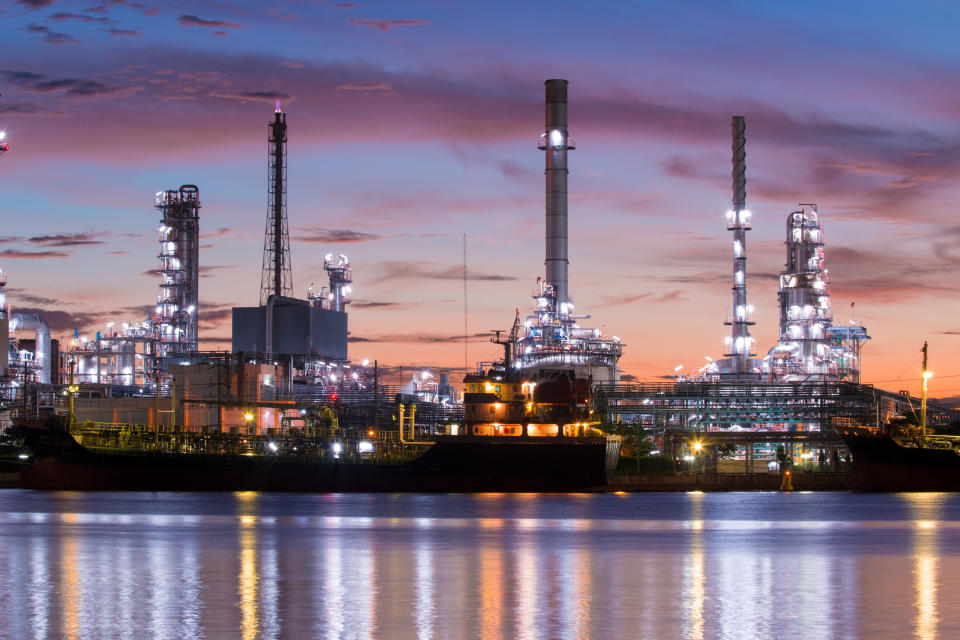Australia only has 22 days of fuel stored: Here’s what that means

Australia has a dangerously low stockhold of fuel and it’s a threat to both fuel and national security, a major union is warning.
The Maritime Union of Australia is the latest to sound the alarm over Australia’s fuel stockpile levels, after the latest Department of Energy figures revealed there is only 22 days of petrol in reserves.
That’s significantly lower than the International Agency’s 90-day fuel stockholding requirement.
However, Australia has failed to meet this obligation since March 2012, the Maritime Union of Australia said, pointing the figure at the Morrison, Abbott and Turnbull governments.
The union, which is a division of the Construction Forestry Maritime Mining & Energy Union (CFMEU), said Australia’s fuel and national security was in a precarious position.
“There are now zero Australian-crewed tankers supplying fuel to our nation and just four refineries. This means we now import well over 90 per cent of our fuel and that will be 100 per cent before we know it, unless government policy changes the direction of the industry,” Maritime Union national secretary Paddy Crumlin said.
Crumlin noted industry claims it has 56 days of import coverage out of mega-refineries in Asia.
However he warned a similar catastrophe to the Aulac Fortune which killed one crew member on Tuesday, highlights the wobbly nature of the industry.
“A similar fire at one of the mega-refineries in Singapore could bring Australia to its knees – not only due to lost production, but also the fact that vessels on the spot market would most likely shoot through to the highest bidder and we would have a price war on our hands,” Crumlin said.
“This isn’t only a matter of fuel security but also national security. Unlike Australian seafarers, foreign crews have no background checks yet they are carrying petroleum products, ammonium nitrate and liquified natural gas around the Australian coast.”
Australia is one of the few countries which doesn’t have a government-mandated reserve of fuel.
And as retired major-general and Coalition Senator Jim Molan told The Australian, the dwindling reserves are a growing concern given continued tension in the Middle East, the South China Sea and the Korean Peninsula.
According to the Maritime Union’s report, Australia’s Fuel Security – Running on Empty, released last year, Australia requires the equivalent of nearly 60 full-time fuel import tankers to maintain supply.
Treasurer Josh Frydenberg announced a review into Australia’s liquid fuel security in May last year and has committed to develop a strategy to return to 90-day stockpiles by 2026. However, this strategy is still classed as under development.
Make your money work with Yahoo Finance’s daily newsletter. Sign up here and stay on top of the latest money, news and tech news.
Now read: This metal is becoming the ‘most precious of precious metals’
Now read: The 5 property ‘red flags’ you NEED to know
Now read: Australians are owed $6.2 billion from their friends

 Yahoo Finance
Yahoo Finance 
